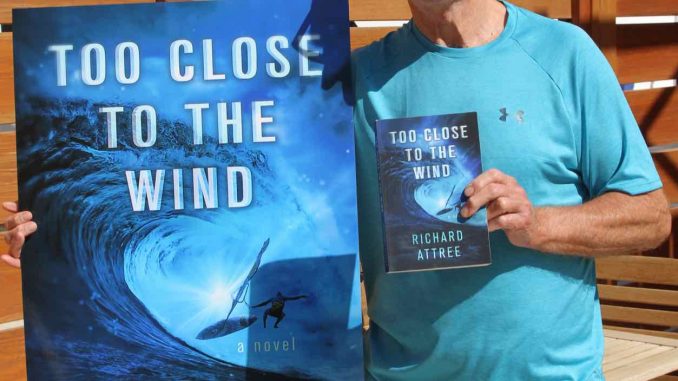
Interview: WSUK
Pics: Bartek Jankowski, Linda Wainwright, Nikki Attree
Richard Attree has been a windsurfer most of his life since discovering it with his wife, Nikki, in the mid-80s. It’s an obsession that’s taken him round the world and led him to relocate to the Canarian island of Tenerife. Richard’s first novel (a windsurfing one at that!) was published last year. We caught up with RA to find out more about his life, windsurfing and the writing of Too Close to the Wind.
Tell us about your windsurfing history and what it means to you.
I was in a bit of a rut, dissatisfied with the treadmill that my freelance career had become. Downshifting would free up time to pursue the things that we loved, explore fresh creative projects, windsurf all year round and simply enjoy life a bit more. We wouldn’t need to spend money on travel anymore because we’d already be in ‘paradise’ … permanently!
So we sold the house, along with most of our possessions, and uprooted ourselves from the shingly beaches and rolling green countryside of the south coast of England to a dusty, volcanic rock stuck out in the Atlantic ocean somewhere off the coast of Africa.
It was quite scary at the time, but twelve years have shot by … it’s been an adventure, we’re happy here, and we have no regrets.
Where was your local spot prior?
We were lucky to live right next to the beach in Shoreham (just along the road from Surfladle shop), so it was our local spot. Before moving there we sailed most of the locations on the south coast: Wittering, Pagham, Hayling, Hillhead, Lepe, Avon, Weymouth etc
What does Tenerife offer that home doesn’t?
Well, I don’t really think of the UK as ‘home’ any more. El Médano es nuestro hogar ahora—El Médano is our home now. Comparing them …the most obvious difference is, of course, the weather. One of the reasons the Canary islands are called ‘Las Afortunadas’ (the Fortunate Islands) is because they have a near perfect climate: all-year-round sunshine, mild winters, and the trade winds keep the temperature pleasant in the summer. It changes your outlook on life when you can pretty much rely on waking up to sunshine and you can plan outdoor activities in advance. We take it for granted now and I have to keep reminding myself how lucky we are.
But apart from the weather, Tenerife is an amazing island. I thought of the downshift as moving to El Médano rather than to Tenerife, but the whole island has surprised us with its diversity and unexpected possibilities: spectacular rugged scenery, the highest mountain in Spain, incredible lunar landscapes, forests, a variety of micro-climates … When it’s not windy (which isn’t very often) we go mountain biking up in the forest.
Apart from the outdoor/sporting opportunities there’s a vibrant capital city (Santa Cruz, population roughly half a million) with a rich maritime/colonial history, thriving cultural scene, fanatically supported football team (sadly no longer playing in La Liga, so not-so-thriving), a university, a carnival that’s only rivalled by Rio’s … To be honest, we don’t miss much about the UK…
OK, to be fair there are, of course, some negatives—the main one being language. Our Spanish is still fairly basic—enough to get by, but not to go into conversational subtleties, tell a joke, that kind of thing. It can be tricky getting things delivered—even from mainland Spain. And then there’s the mess that is Brexit—but you better not get me started on that!
Has moving increased your time on the water?
It certainly has! Being self-employed, living next to the beach in Shoreham, I was fortunate to get plenty of TOW, but El Médano is just phenomenally consistent. The waves may not be world-class, but the wind statistics certainly are. You can get around 150 days in an average year and you can wear a shortie most of the time.
These days I’m more into quality than quantity. My sessions are shorter and I’m more choosy about what conditions will motivate me to stop writing and go windsurfing.
What type if windsurfing do you mainly indulge in?
I’d call myself a wave sailor. I’m not into speed, racing, or freestyle tricks—just riding waves, however small and mushy they are. My narrator, Nick, puts it like this: “Once I experienced waves, windsurfing without them became two dimensional. Waves add the Z axis to the X and Y. They’re the contours, hills, mountains, in an otherwise flat, featureless landscape.”
I also enjoy the occasional jump but not loops—at sixty-five I have to look after my ageing body. The warm water helps :-)
Tell us about your writing background.
I’ve always loved books and I wanted to be a writer, but I got diverted into writing music rather than words. In my twenties I was playing keyboards in jazz, rock, and soul bands and then I made my living as a composer of music for TV, working at the BBC’s renowned Radiophonic Workshop, before going freelance.
When we downshifted to Tenerife I retired from the media music business and it gave me the opportunity to get to grips with writing. I wrote a series of articles for ‘Boards’ magazine: ‘Life on the Reef’ about life as an ex-pat windsurfer. It was the first time I had anything published and I just knew that I was finally doing what I loved best. Music was only ever a job—a rewarding, well paid job, but never my first love.
Since then I’ve published two books, co-authored with my wife, Nikki: ‘Nobody’s Poodle’ (2013), a short novel written from the perspective of our rescue dog, and ‘Somebody’s Doodle’ (2016), a fast moving, heady mix of crime, humour, romance, and a few more dogs. ‘Too Close to the Wind’ (publication date: February 2019) is my debut solo novel. It’s a journey of self discovery narrated by a young Australian windsurfer and dogs don’t feature in it :-)
I’m very fortunate to ‘live my dream’ (to use the jargon of reality TV), here in El Médano. Now I’m a writer—it’s who I am! Stories, characters, ideas, words are my obsession (along with windsurfing, of course) … and my motto is: ‘Keep Scribbling!’ (at least, when it’s not windy :-)
When did you decide you wanted to become a novelist?
Where did you start with your book Too Close to the Wind?
Plenty of water had flowed under the bridge before I sat down to write my first novel—a lifetime of material, in fact. So it wasn’t easy deciding what should be in it. The usual advice is: write about what you know and are passionate about. I asked myself what that might be, and I came up with these three ideas:
Obviously I knew a bit about the first of these, and it seemed the most straightforward to write, so I started working on an autobiography, with the title: ‘The Wind of Change—memoirs of a Windsurfing Baby Boomer’. However, Nikki, persuaded me to shelve it. She pointed out that nobody would be interested in the true (but arguably mundane) story of an unknown composer and average windsurfer. She suggested that I should write a novel.
When it comes to these sorts of decisions I trust Nikki 100% (even though I thought she was a bit harsh re ‘nobody’, ‘mundane’, ‘unknown’, and ‘average’ :-) so I put the autobiography in the ‘Future Projects’ folder and started thinking about the other two ideas.
Music and windsurfing have been the major distractions in my life—simultaneous, but very different obsessions. I’ve spent half my life exploring these parallel worlds, getting to know the people in them, amassing a treasure trove of experiences, adventures, anecdotes … so the raw material was already in place. A story based on either of these themes could be a fictionalised version of my autobiography. That was Nikki’s point: fiction is sexier than real life—especially when it’s the real life of a nobody! ‘The Wind of Change’ would have to wait until I was a somebody (and the jury’s still out on when that might be).
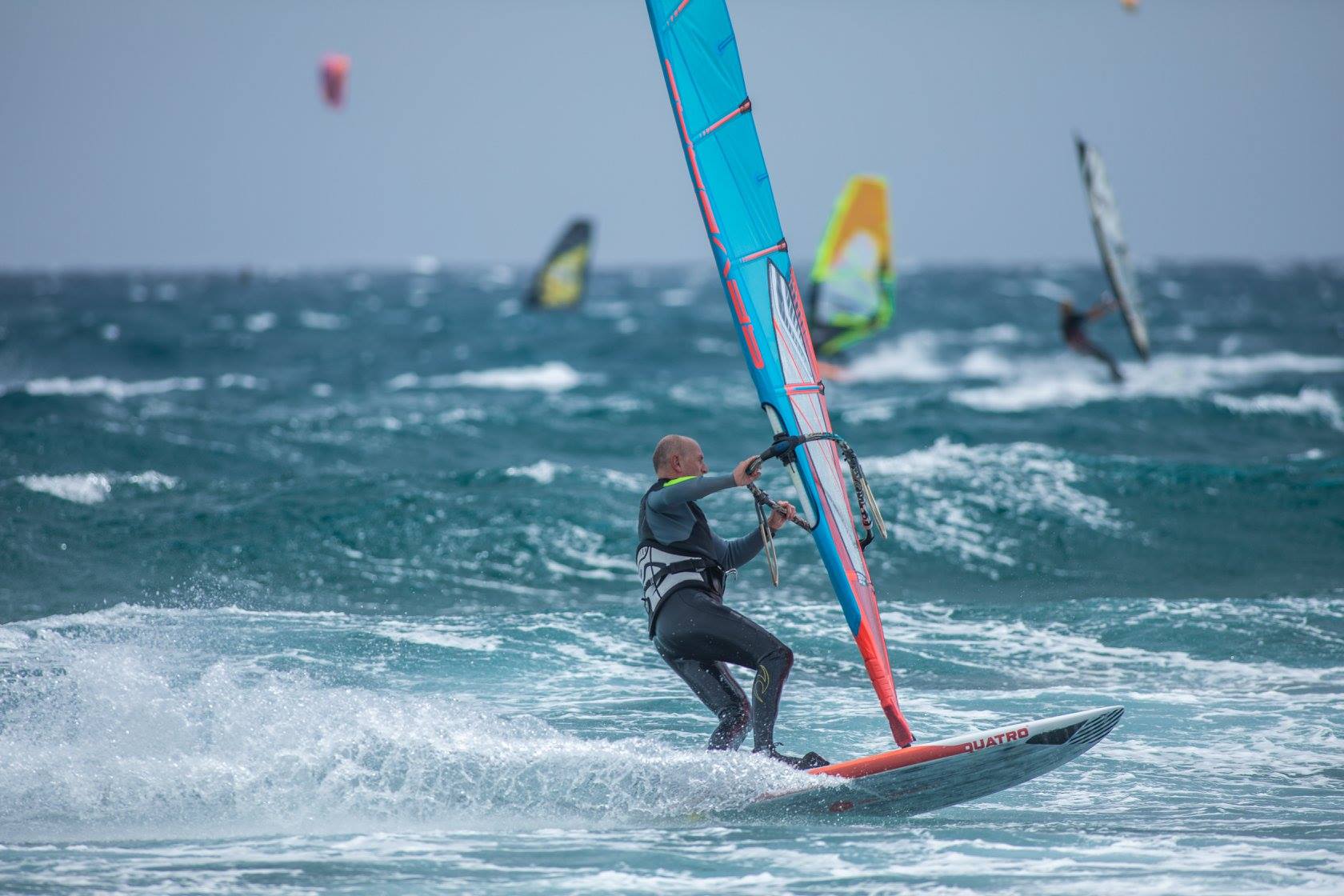
The other two ideas competed to make it out of my brain into my word processor and become my debut novel. Windsurfing won, but an outline for my next book: ‘The Rhythm of Time’, with music as the central theme, has joined ‘The Wind of Change’ in the Future Projects folder.
Any particular inspiration for the characters and plot?
When I started plotting the story arc for ‘Too Close to the Wind’ I knew I wanted to begin the book with Nick’s survival story. In the twelve years I’ve lived here, there have been several cases of windsurfers going missing. Some were rescued, some drowned. A few just disappeared and their bodies were never found. I imagined myself in Nick’s situation, drifting for hours on his board, and I asked myself how I’d cope. Would I have the strength of will to survive? How long would hope remain?
The main story begins as the sun rises on Nick’s last day alive. A yacht appears out of the mist and offers him a lifeline. The owner, an enigmatic figure known to his crew as the Master, is the leader of a shadowy cult. He offers Nick a way out of his stalled life—a series of missions that lead him around the world on a journey of self discovery—first to the Dominican Republic, then back home to confront his past in Australia, and finally to Ireland. Along the way he earns the right to sail some of the planet’s most extreme spots.
These locations are all places Nikki and I have visited in our own search for wind and waves. The descriptions, texture, and some of the local incidents are often fictionalised extrapolations from my autobiography. Apart from travel and windsurfing, there are a few other themes …
I studied philosophy for my undergraduate degree and I wanted to weave philosophical threads into the story. My main character, Nick, talks about playing “philosophical chess” with the Master—moving ideas around like chess pieces to see how they might impact on each other.
Another theme that interested me was psychoactive/mind-altering substances. As a Baby Boomer coming of age in the 1960s, a student in the early 1970s, and then playing in rock bands, I did my fair share of experimenting with psychedelic drugs. They were part of my (arguably misspent) youth, along with long hair, electric guitars, and open-air rock festivals.
On balance, weighing up the dangers and benefits, I’m glad that I had these experiences, and relieved that I survived them. There’s an element of ‘whatever doesn’t kill you makes you stronger’ in this, but I am glad to have experienced these unusual mental states. It gives you a different perspective on ‘normality’ as just one of the many threads in life’s rich tapestry.
Who will the book appeal to do you think?
Initially, my fellow tribe of English speaking windsurfers—not exactly a mass market, more of a niche, but equally there’s not much competition. I jokingly describe my book as the world’s first windsurfing novel. There are a few, non-fiction windsurfing books (technique manuals, memoirs, location guides, for example), and no doubt windsurfing makes an appearance in other fiction, but I’ve yet to come across a book that you might call a proper windsurfing novel (if you know of any please let me know).
There are far more books that feature surfing, and even a few authors writing surf fiction (notably Kem Nunn, credited with inventing the surf-noir genre). So, although windsurfing is a smaller niche than surfing, there is a gap in that market. There may be fewer windsurfers than surfers (especially if we include the wannabes, hangers-on, followers of surf fashion etc who like to call themselves ‘surfers’ without necessarily going near a proper wave), but there’s no reason why the search for wind should not be as authentically chronicled as the search for the perfect wave.
However, I’d like to think ‘Too Close to the Wind’ also has cross-over, mainstream appeal and that my windsurfing readers will share it with their non-‘windie’ friends. If they do, then perhaps their friends might understand our obsession with surfing the wind and waves. Word-of-mouth and personal recommendations are the best way for an author to build a readership, so of course I’m also hoping that another reason to recommend my novel to a non-windsurfing reader is that it’s simply a good read.
It’s hard to convey windsurfing in words – especially to non-sailors. How have you approached this?
Actually the windsurfing passages were some of the easiest to write. Whenever I’m on the water I find words, images and ideas floating around my brain. So all I had to do was imagine myself windsurfing and the words flowed.
A big plus was imagining being able to windsurf as well as my narrator, Nick, who’s something of a hotshot. So although I don’t loop, or sail massive waves like he does, it was a lot of fun doing these things vicariously, through his eyes.
I don’t know how well I’ve succeeded in conveying the windsurfing experience to non-sailors (perhaps they’ll tell me in their reviews) … I just tried my best to make it vivid and real.
How long did the book take to complete?
Well, as I say, I’ve had a long time to think about this book. Arguably, it’s been rattling around my brain for fifty years—ever since I was fifteen! I began actually writing the first draft in October 2016 and finished it a year later. But re-writing, editing, formatting, cover design, setting up the marketing etc took a further year before I was ready to publish it.
And what about marketing? Is this proving trick or easy?
I’ve never really enjoyed marketing (it’s one reason I got fed up with being a freelance media composer), but I realise it’s a necessary part of being a writer. If you want people to actually read what you write, you have to connect with them. I have the luxury of writing for love, rather than for money. I’m not aiming to be a best selling commercially successful author, but I would like as many readers as possible to enjoy my books.
At least I already share a connection with my target readers, the tribe of English speaking windsurfers. So marketing the world’s first windsurfing novel to them is less daunting.
Where is your book being sold and/or how can people get hold of it?
You can get it as a paperback, or download it as an Ebook, from Amazon: www.amazon.co.uk/dp/B07MY6LZ99
Has the experience spurred you on to follow up and write more? Teaser details?
Absolutely. I have plenty of ideas in the ‘Future Projects’ folder. The problem is finding enough time to do them all justice.
I’ve been planning my next novel for a while now. ‘The Rhythm of Time’ is about three musicians who live in the same city, London, in three different centuries (17th, 21st, and 24th). Their lives are so interlinked that it’s as if they share one life. What links them is the ‘reincarnation of ideas’. The novel explores the magical, mysterious phenomenon of music, and the soul of that labyrinthine city—how they can both change through the centuries, and yet stay the same. It will combine three genres in one book: historical fiction, contemporary fiction, and science fiction.
Then I have an idea for a novel about two brothers escaping the horrors of war in Syria (working title: ’The Road to Hell’). They travel to Libya, experience the people-trafficking mafia, survive crossing the Mediterranean (nearly drowning), and arrive in Europe as illegal migrants. There they have opposite experiences: one is assimilated and becomes successful, but the other is alienated, radicalised, and becomes a terrorist. The research for this book worries me.
Nikki and I are planning a collection of short stories: ‘I Woof Therefore I Am—Gizmo’s Shaggy Dog Stories’ and I’m working on my own collection of short stories all based around the internet: ‘Tales from the www Web’.
I’ve written all I want to write about windsurfing—for the moment … but I could be persuaded to revisit Nick and write a sequel to ‘Too Close to the Wind’ if it sells well and enough people convince me that it’s worth doing … and as I mentioned, I’m working on my autobiography: ‘The Wind of Change—memoirs of a Windsurfing Baby Boomer’.
Plenty to be getting on with … watch this space: www.RichardAttree.com

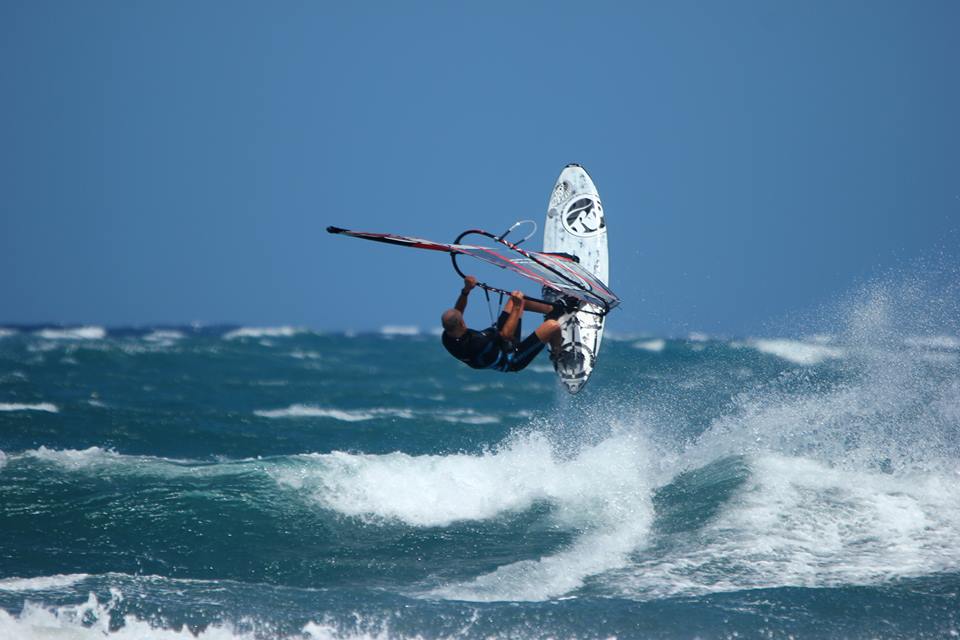
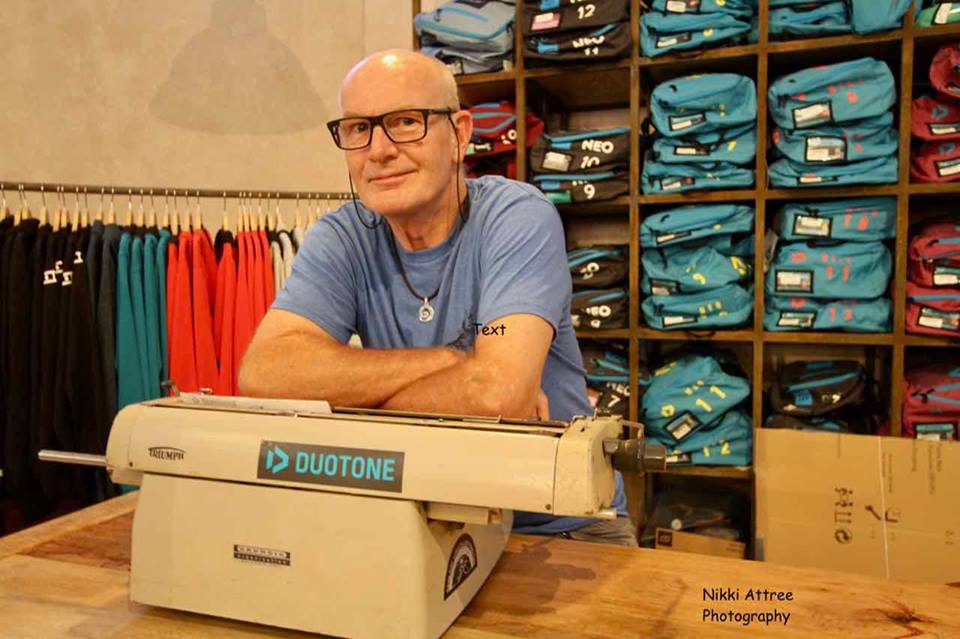
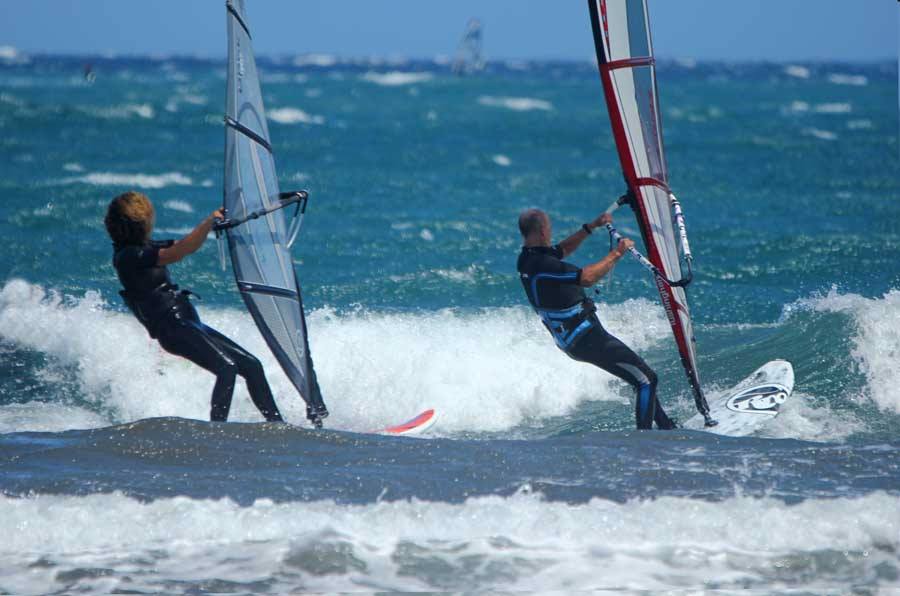
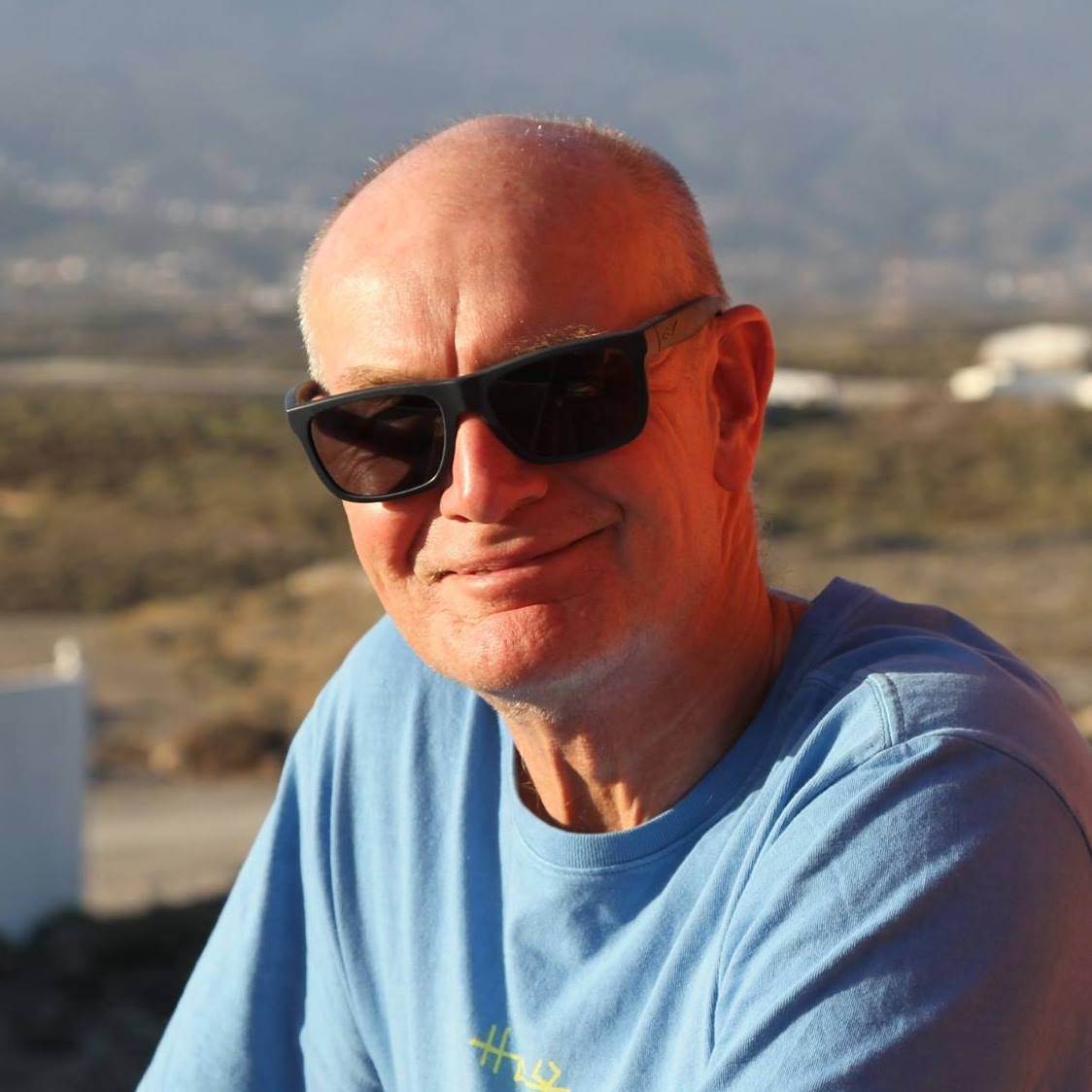
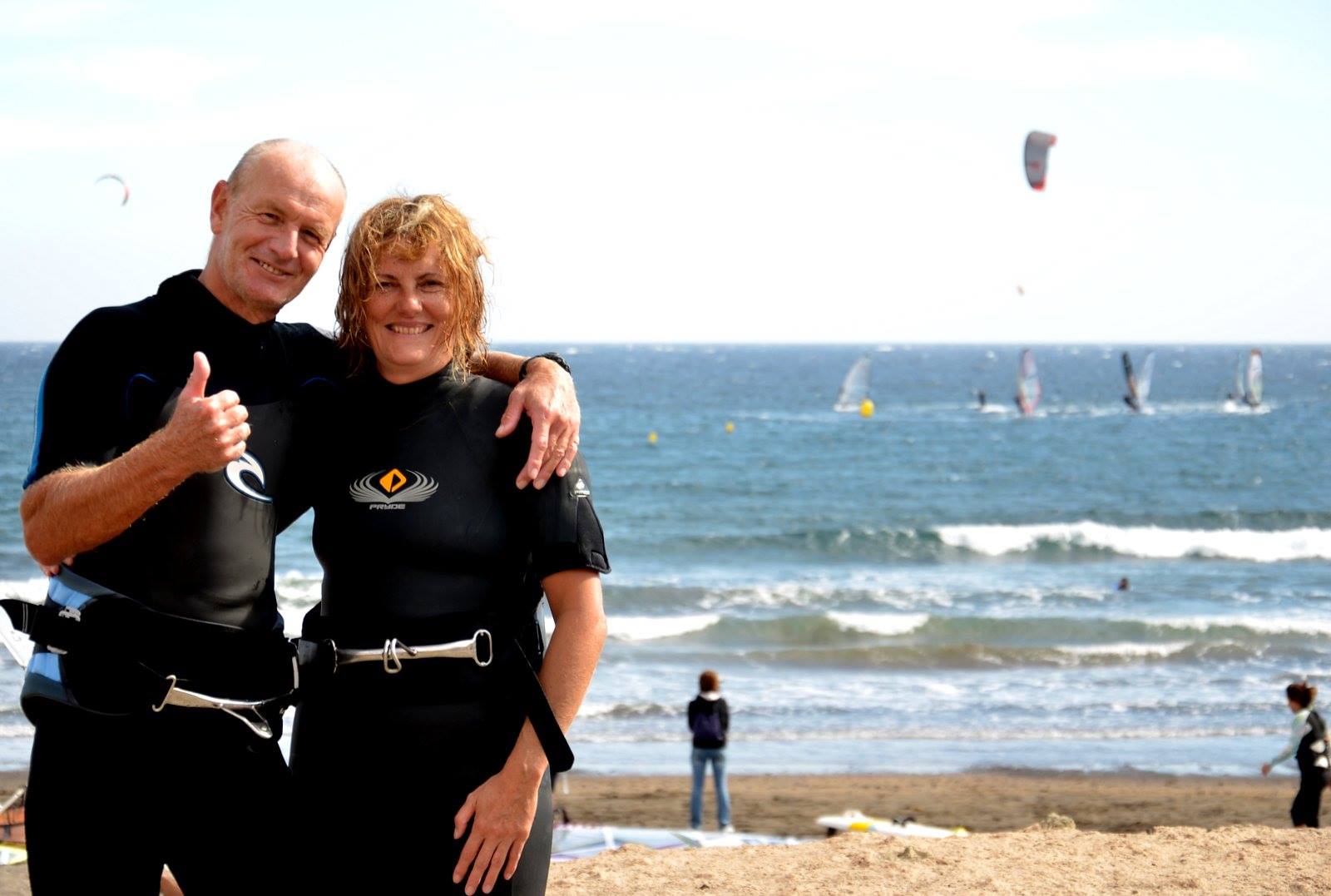
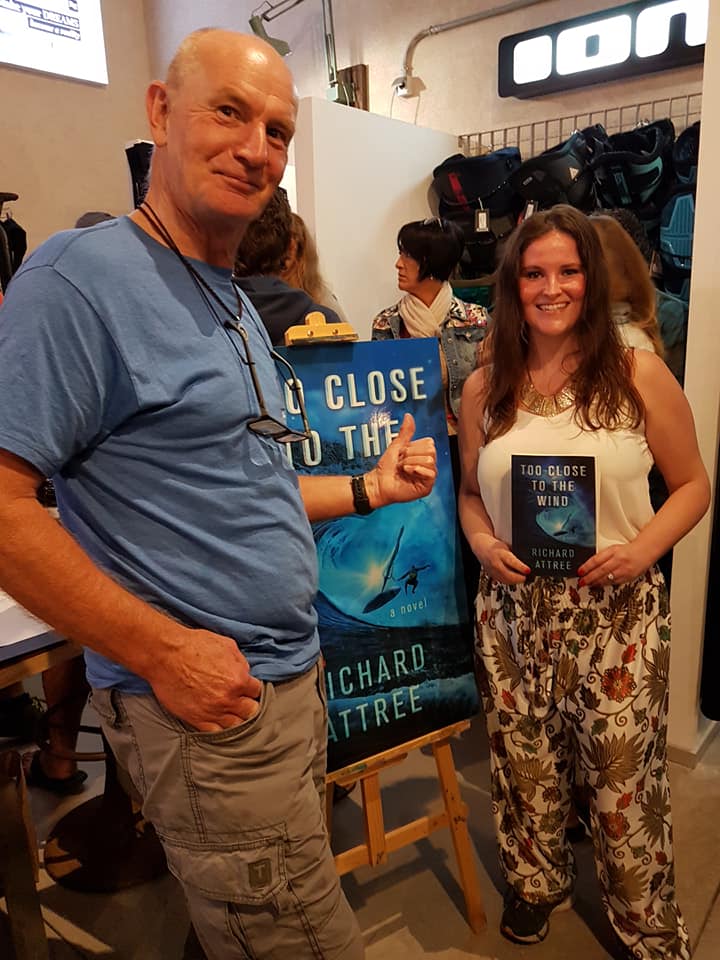
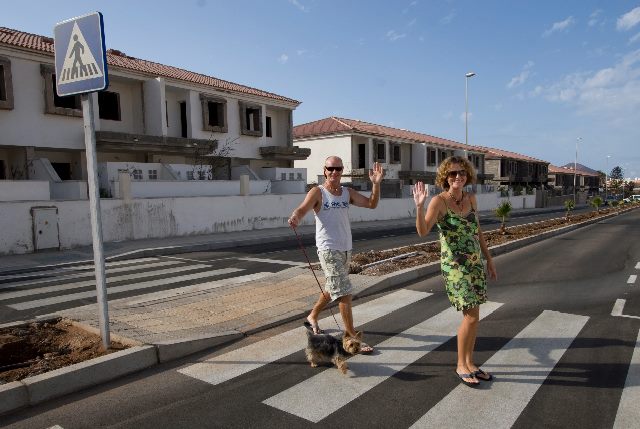
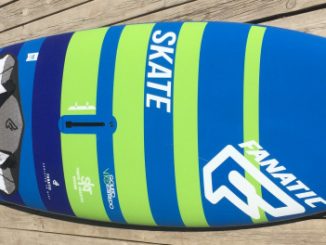
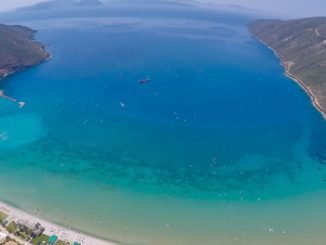
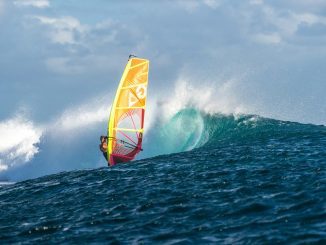
Leave a Reply